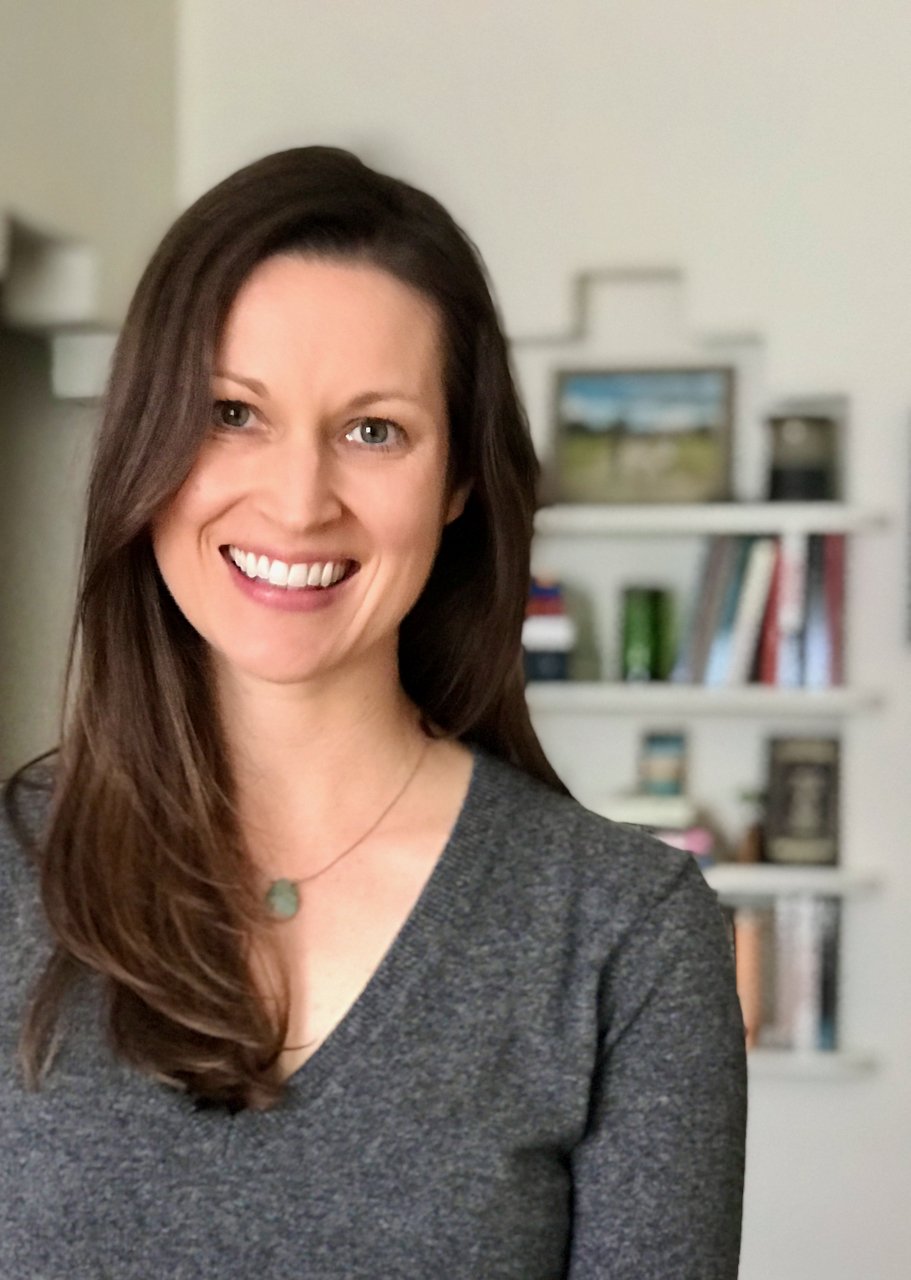NAAPE 2025 Keynote Speaker Profiles
Catherine Z. Elgin, Ph.D.
Graduate School of Education, Harvard University, USA
Catherine Z. Elgin is professor of the philosophy of education at Harvard Graduate School of Education. She is an epistemologist who focuses on the nature and scope of understanding. She argues that understanding is holistic – that is, understanding is in the first instance a grasp of interconnected networks of epistemic commitments, rather than a grasp of individual propositions. Rather than being or aspiring to be a mirror of nature, understanding is a matter of providing resources for epistemic agents to foster their cognitive objectives. Understanding then is agential. Models, idealizations and fictions are among the resources agents deploy. Such devices are felicitous falsehoods. Although strictly false, they are felicitous in that they embody and advance understanding of the subject matters they bear on. Thus according to her epistemology then the arts as well as the sciences are vehicles of understanding. Elgin is the author of Epistemic Ecology (2025), True Enough (2017), Between the Absolute and the Arbitrary (1997), Considered Judgment (1996), With Reference to Reference (1983), and co-author with Nelson Goodman of Reconceptions in Philosophy and Other Arts and Sciences (1988).
C. Thi Nguyen, Ph.D.
Department of Philosophy, University of Utah, USA
I’m C. Thi Nguyen. I used to be a food writer, now I’m a philosophy professor at University of Utah. I write about trust, art, games, and communities. I’m interested in the ways that our social structures and technologies shape how we think and what we value. My first book is Games: Agency as Art. It was awarded the American Philosophical Associations 2021 Book Prize. It’s about how games are the art form that work in the medium of agency. A game designer doesn’t just create a world – they create who we are in that world. Games shape temporary agencies for artistic purposes. And games turn out to be our way of writing down and communicating modes of agency; by playing them, we can try out different forms of agency. Here’s a summary of the book. There have also been some symposia discussing the book. I was named to Vox’s 2024 Future Perfect 50 – their list of “thinkers, innovators, and changemakers who are working to make the world a better place.”
Rebecca Taylor, Ph.D.
College of Education, University of Illinois at Urbana-Champaign, USA
Dr. Rebecca Taylor is an Associate Professor in the Education Policy, Organization and Leadership Department at University of Illinois at Urbana-Champaign, earning a Campus Distinguished Promotion Award in 2025. Dr. Taylor uses philosophy and philosophically-grounded mixed methods to investigate questions of ethics and justice in educational policy and practice. Her co-edited volume of normative case studies and commentaries on ethical issues in higher education, Ethics in Higher Education: Promoting Equity and Inclusion through Case-Based Inquiry, was published with Harvard Education Press in 2021. More recently, she has advanced work on epistemic injustice and activism in higher education, resulting in articles published in AERA Open, Teachers College Record, Journal of Diversity in Higher Education, Journal of Philosophy of Education, Educational Theory, and a special issue in progress with Educational Philosophy and Theory. Her research has been funded by the Spencer Foundation and the Center for Ethics and Education at University of Wisconsin, and she received the National Academy of Education/Spencer Research Development Award in 2020. She previously served as Chair of the Philosophical Studies in Education SIG for the American Educational Research Association. She currently serves as Editor of Educational Theory and directs the Philosophy of Education program at Illinois.
Kathryn Joyce, Ph.D.
Center for Ethics and Human Values, Ohio State University, USA
Kathryn Joyce is the director of the Civil Discourse for Citizenship Program at the Ohio State University's Center for Ethics and Human Values (CEHV). In that capacity, she leads workshops on navigating disagreements, facilitates dialogues on difficult topics, and organizes various co-curricular programs for undergraduates. She also teaches a course called “Conversations on Morality, Politics, and Society.” Joyce specializes in social and political philosophy, philosophy of education, and ethics. Her research primarily concerns the character of relationships among equals and philosophical dimensions of education policy and practice. In particular, Joyce offers epistemic and normative critiques of the standard approach to evidence-based decision-making in education. She argues for a context-centered approach that incorporates evidence from a wide-range of sources including professional judgment and knowledge of local norms and values. Before arriving at Ohio State, Joyce was a postdoctoral research associate in values and public policy at the Princeton University Center for Human Values. She received her PhD in Philosophy from the University of California, San Diego in 2020.






